The road map for AI engineering
The road map for AI engineering typically includes the following key steps:
1. Fundamental Knowledge: Start with a strong foundation in mathematics (linear algebra, calculus, statistics), computer science (algorithms, data structures), and machine learning concepts.

2.Programming Skills Learn programming languages commonly used in AI, such as Python. Understand libraries and frameworks like TensorFlow, PyTorch, and scikit-learn.
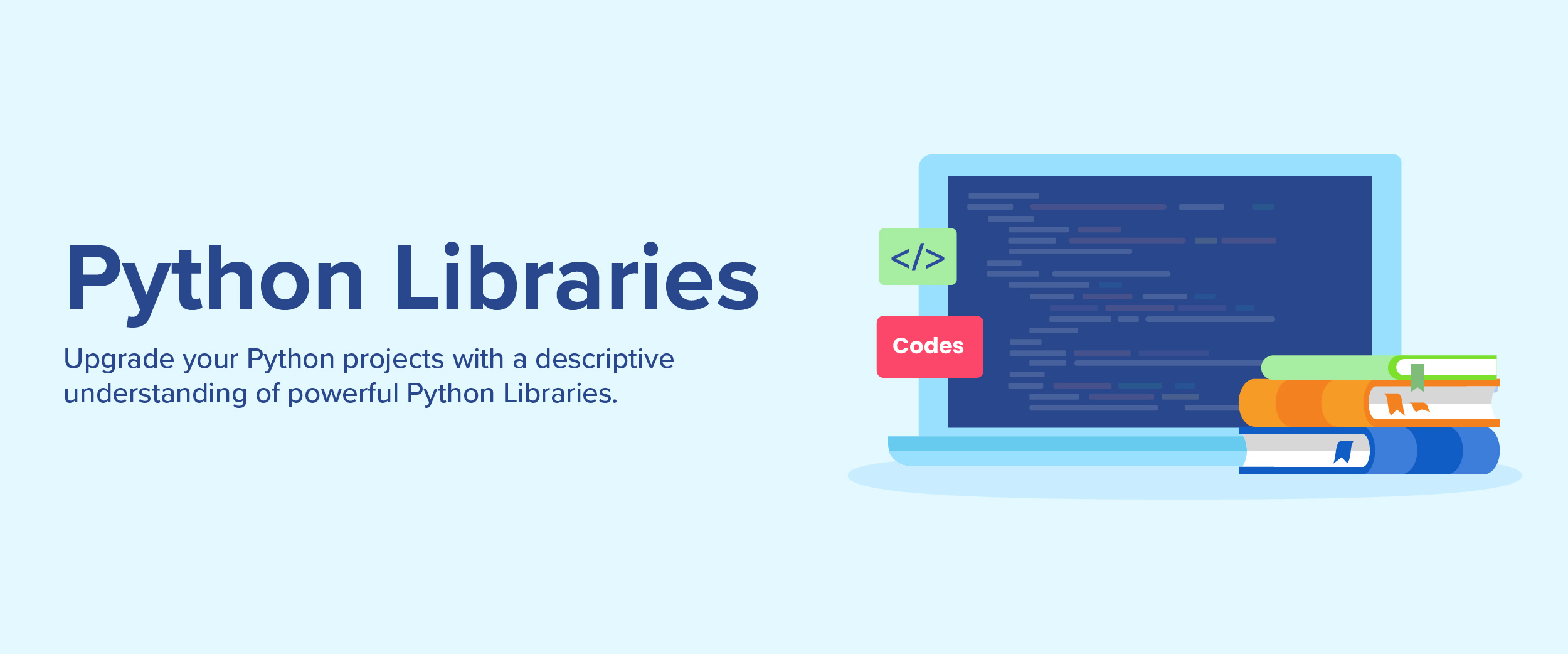
3. Data Handling: Gain proficiency in data preprocessing and manipulation, as clean and well-structured data is essential for AI projects.

4.Machine Learning:Study the core concepts of machine learning, including supervised, unsupervised, and reinforcement learning. Learn about model selection and evaluation.
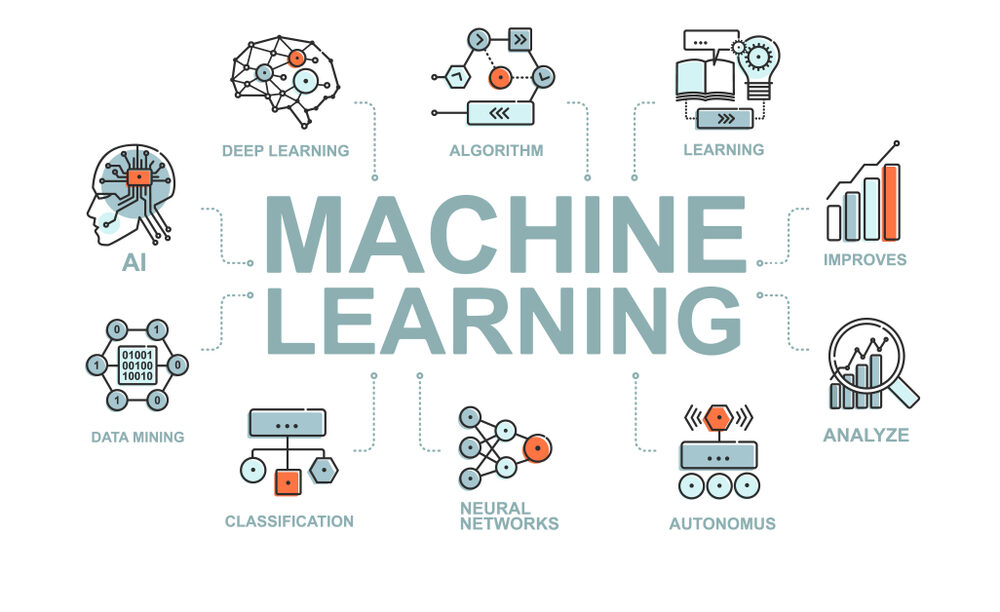
5. Deep Learning: Dive into neural networks and deep learning. Understand architectures like convolutional and recurrent neural networks (CNNs and RNNs).

6.Natural Language Processing (NLP): If interested in NLP, explore text processing, sentiment analysis, and language models like BERT and GPT.

7.Computer Vision: For computer vision applications, delve into image processing, object detection, and image classification.
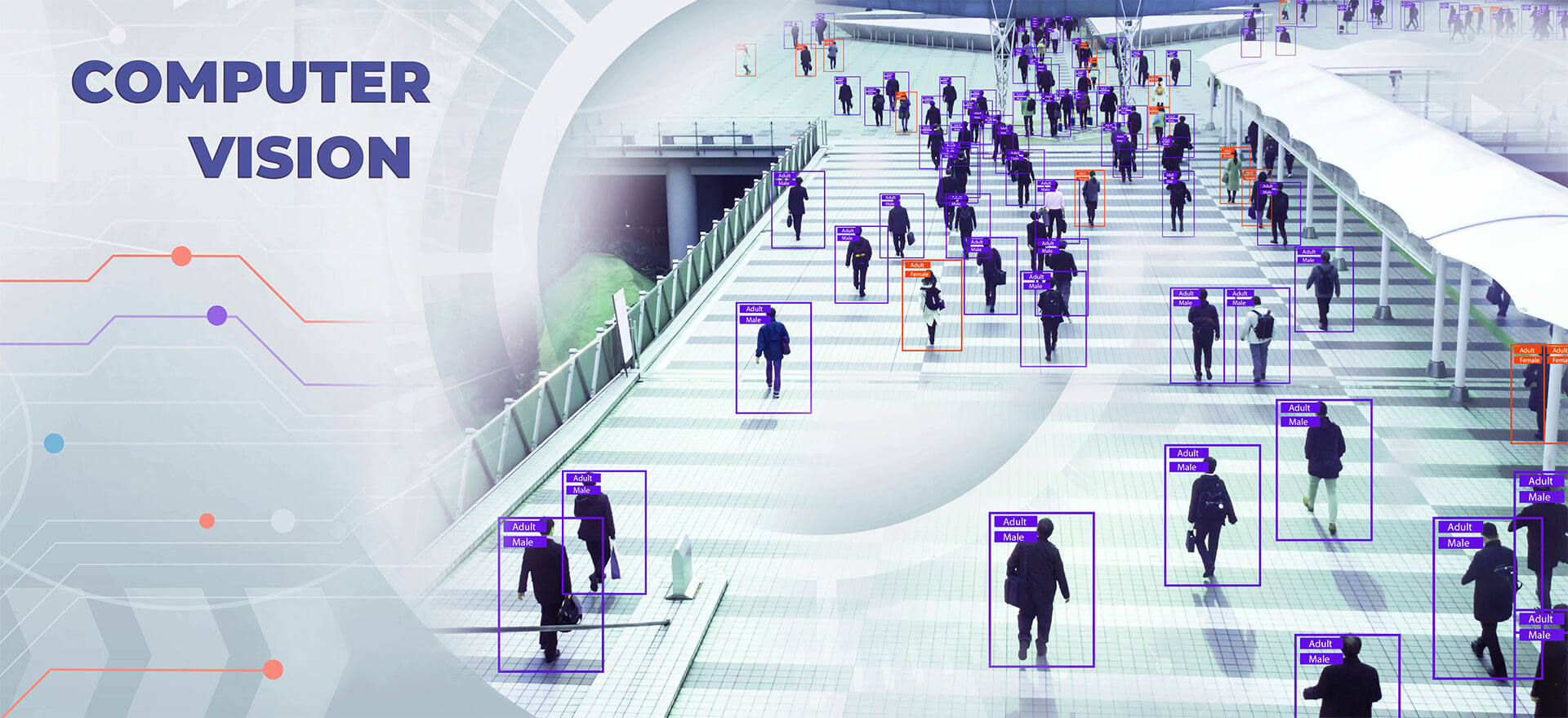
8.Reinforcement Learning: Learn about reinforcement learning algorithms for tasks involving sequential decision-making.

9.AI Ethics: Understand the ethical implications of AI and machine learning and how to develop responsible AI systems.

10.AI Tools and Frameworks: Stay updated on the latest AI tools, libraries, and frameworks and know when to use them.
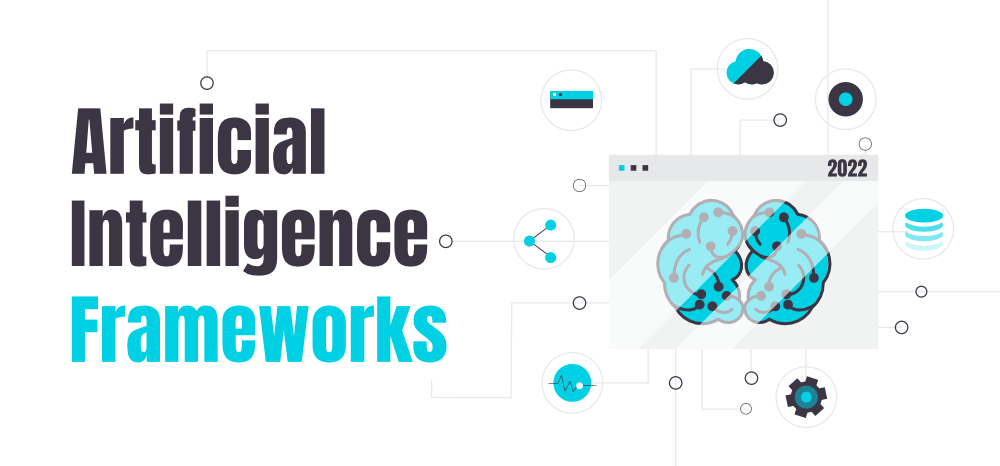
11. Projects: Work on practical AI projects. This hands-on experience is crucial for real-world understanding.
12. Collaboration: Collaborate with others in the field, join AI communities, and attend conferences and meetups.
13. Continuous Learning: AI is a rapidly evolving field. Stay updated with the latest research and advancements.
14.Domain Knowledge: Depending on your AI application, gain domain-specific knowledge in areas like healthcare, finance, or robotics.
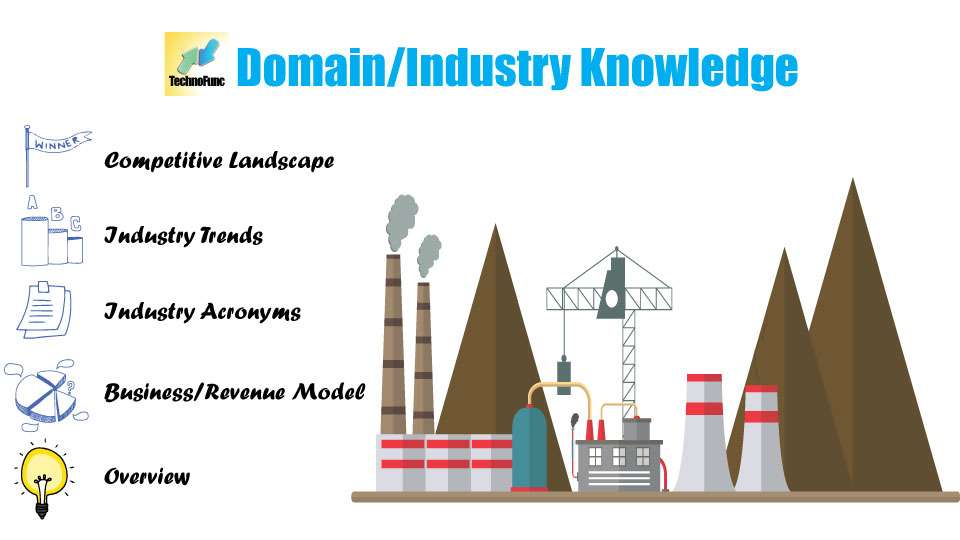
15. Deployment and Scaling: Learn how to deploy AI models in real-world scenarios and optimize them for scalability and performance.

16. Feedback and Improvement: Continuously seek feedback and improve your AI models and projects.
17. AI Engineering Practices: Follow engineering best practices, including version control, testing, and documentation.
18. Mentorship and Networking: Find mentors and network with professionals in the AI industry.

Remember that this roadmap is flexible, and you can tailor it to your specific interests and career goals within AI engineering. Additionally, AI is a field that requires ongoing learning and adaptation to keep up with its rapid evolution.